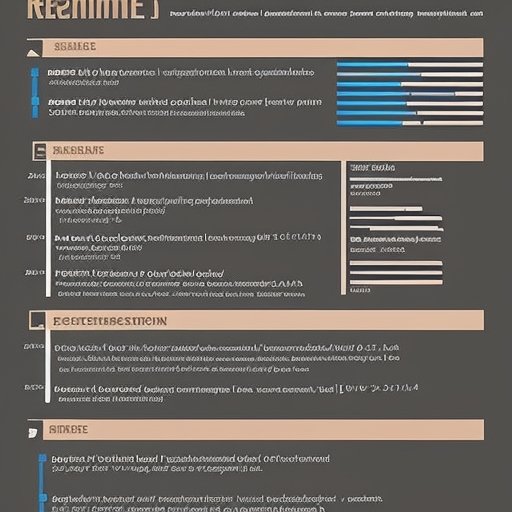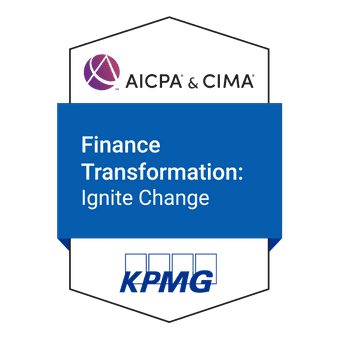When should one take the ACCA DIPIFR exam
When should one take the ACCA DIPIFR exam
Passing the DIPIFR examination is challenging. Every candidate hopes to take the exam only once. What can you do to give yourself the best chance at passing each section on your first attempt? Sometimes it’s the simple things we do in life that help us achieve our goals more effectively and efficiently.
Are you hoping to find a time in your life when everything will be operating smoothly? Think again. A better way to phrase the question is: Are you ready to make the commitment to clear the exam? If you are unsure, read on about how soon after completing your CA you should take the DIPIFR exam. Maybe you will see how important it is to start the process early.
How soon after you become a CA or you graduate should you take the ACCA DIPIFR
Our words of advice remain the same from year to year: take the DIPIFR exam as soon after you complete your CA/college or when you are doing your CA final”, It’s a known fact that it is difficult to retain technical material. The old saying goes: “If you don’t use it, you lose it.” This couldn’t be truer regarding accounting. The sooner you study and take the exam, the better your chances of passing it. Does this mean you should give up the idea of passing the exam if you graduated several years ago? No, definitely not, candidates who have work experience and have reached a certain level of maturity have a good chance of passing. They may, however, need to budget additional time to study and practice the concepts learned.
If you already meet the requirements to sit for the DIPIFR exam, then get going! There is no time to waste. Begin today. There are four factors to think about before choosing the date you will start the exam:
- Have you fulfilled the necessary eligibility criteria?
- Have you recently graduated from college or completed your CA?
- Do you see having IFRS skills as essential in your workplace?
- Do you believe that having a certification from a global body and knowledge of IFRS will give you greater job stability, job mobility, and a higher salary?
Obviously, you must be able to answer question 1 positively. You will not be permitted to sit for the exam until you meet the requirements.
Question 2 is not meant to discourage people who have completed their CA or college work some time ago. However, we can’t overlook the obvious fact: The exam tests an accountant’s concepts, competencies and abiltity to write a 3 hour exam. Accounting rules change frequently. As a recent CA graduate, you are accustomed to taking exams; the material is fresher in your mind, and your workload is not yet as demanding as it will be when you advance within the company. The best time to take the exam is as soon as you meet the requirements to sit, which is usually upon your CA final or just after.
What about those of you who completed your CA or college several years ago? Don’t give up! You, too, can pass. There is something to be said for work experience, especially in the area of accounting. Work experience helps you to quickly analyze situations, write better, and read with greater understanding. At work, you may utilize some of the practical experiences you gain on accounting standards, and your time to retain technical material may be less.
Questions 3 and 4 are important to your decision. Once you register, you won't just automatically clear; it takes hard work. Are you concerned that you will never be able to make such a commitment? Don’t be! You must not lose sight of the fact that people do pass this exam. Read our blog to understand the time required to prepare for the exam.
Are you ready? Good. Now let’s get you registered for the DIPIFR exam. We will manage all your paper work and admin issues with ACCA till the time you clear the exam. We just want you to focus and invest your time and commitment.










Leave a comment